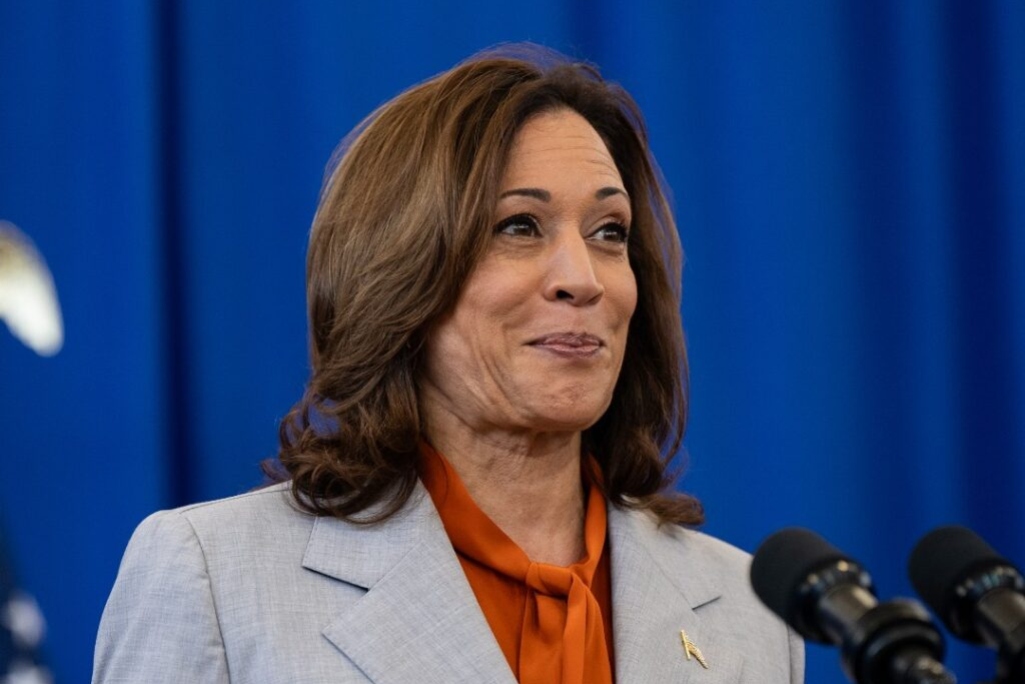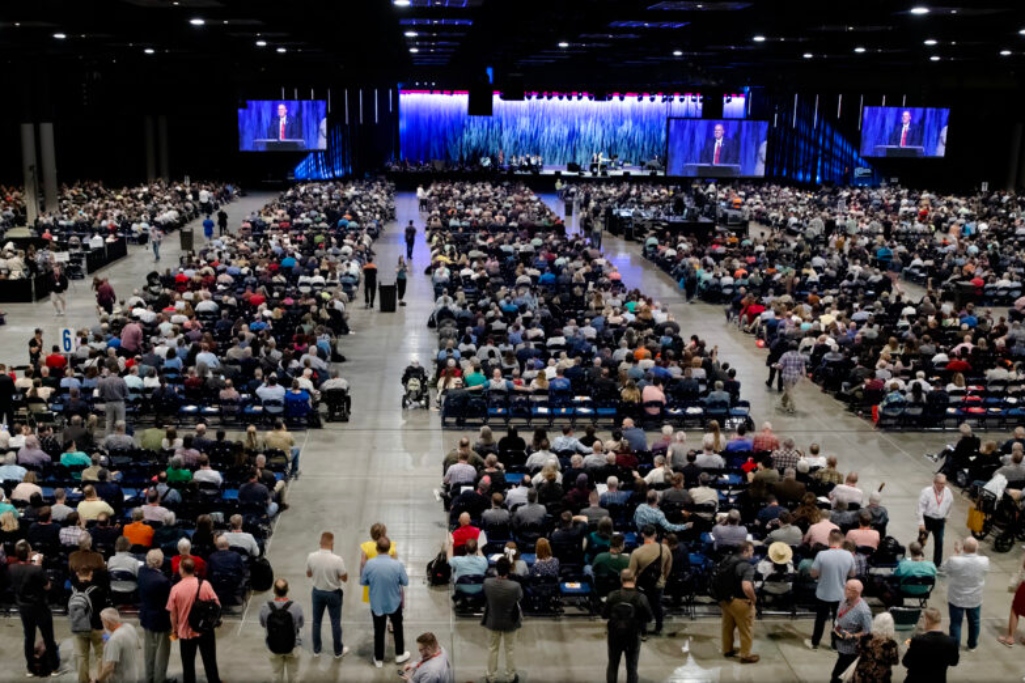
Shortly after President Joe Biden formally ended his pursuit of the Democratic Party’s nomination for president, following weeks of pressure from party officials, elected leaders and donors, he endorsed Vice President Kamala Harris to be the nominee. Endorsements quickly followed from leading Democrats and donors including sitting governors, senators, representatives and mayors of large cities. As the general election season begins in earnest, Christians should carefully consider this new potential candidate for president.
Harris’ track record is unmistakably clear. In the various roles she has held, Harris has protected abortion access and the destruction of preborn lives, undermined biblical marriage and sexuality, and weakened religious liberty protections.
Is Kamala Harris now the presidential nominee for the Democratic Party?
No, at this moment there is no nominee. President Biden has the most pledged delegates to be termed the “presumptive nominee.” Even with Biden’s endorsement of Harris, this does not make her the official nominee. The delegates at the Democratic National Convention (DNC) in Chicago will vote to certify the official nominee in August. Some pundits and activists have speculated that individuals like California Gov. Gavin Newsom, Kentucky Gov. Andy Beshear, Pennsylvania Gov. Josh Shapiro and Michigan Gov. Gretchen Whitmer might all be considered by delegates, though most of these individuals have now officially endorsed Harris.
If President Biden releases the delegates pledged to him, they would be free to select a candidate for president, whether Harris or anyone else. A majority of delegates would be needed to end voting on the first ballot. If that does not occur, then superdelegates (elected Democratic governors, senators, representatives and former party leaders and members of the Democratic National Convention) that are unpledged to any candidate would be allowed to cast their votes. Once a candidate secures a majority of the delegate votes, that individual would be the party’s nominee.
What roles did Kamala Harris serve in before becoming vice president?
Kamala Harris is a native of California and graduate of the University of California, Hastings College of the Law. She served in various roles as an attorney in California, including district attorney of Alameda County and city attorney in San Francisco before being elected district attorney of San Francisco in 2003. In 2010, she was elected attorney general of California. She held that post until 2017 when she was elected to the United States Senate. She was also a candidate for the 2020 Democratic presidential nomination before withdrawing in late 2019 and endorsing Joe Biden. In August 2020, Biden announced Harris as his running mate.
In areas of importance to Southern Baptists, how has Kamala Harris governed or advocated for policy?
Life
Kamala Harris is the first vice president to ever make an official visit to an abortion clinic. In 2024, Harris toured a Planned Parenthood in Minnesota. She praised the clinic workers for providing “true leadership” and helping people to have the “health care” they need.
In 2020, Harris affirmed her opposition to the Hyde Amendment, which prevents the use of federal funds for abortion procedures, flouting years of bipartisan consensus around the policy. She was also a co-sponsor of the Women’s Health Protection Act (2019), which would have prevented all restrictions on abortion procedures.
Additionally, in her role as attorney general, she was a proud proponent of California’s Reproductive FACT Act, which forced pro-life clinics to offer information to pregnant mothers about getting an abortion. Referring to herself as a “co-sponsor” of the legislation, she thanked then-Gov. Jerry Brown for his work in passing the law. Pro-life advocates challenged the law all the way to the Supreme Court, which ruled that it violated the free-speech rights of the resource centers in NIFLA v. Becerra.
Marriage and sexuality
In 2010, Harris refused to defend a constitutional amendment passed by California voters which restricted marriage to only those between a man and a woman. Because she refused to defend it in her role as attorney general, it was left to supporters to mount a legal defense. In February 2013, Harris argued in an amicus brief opposing the bill that the legislation was unconstitutional and that its supporters should not be allowed to defend it in court. The Supreme Court ruled in a 5-4 decision that the defenders of the bill did not have the legal standing to defend it in federal court. The bill was later overturned.
Harris has also been a vocal supporter of the extreme Equality Act, which would add sexual orientation and gender identity to the Civil Rights Act of 1964, and has been viewed as the most serious threat to religious liberty ever to be considered in Congress.
Religious liberty
In 2019, then-Sen. Harris sponsored the Do No Harm Act, which would have limited the application of the Religious Freedom Restoration Act (RFRA). The introduced legislation would have prevented appeals to RFRA by religious individuals in instances such as appealing anti-discrimination legislation (which would include sexual orientation and gender identity laws) and the provision of health care services (which would include abortion procedures or the provision of abortifacient contraception). Though the law was not passed, it highlights just one of Harris’ attempts to curtail religious liberty protections.
How should Southern Baptists respond to the news of Biden’s endorsement of Harris?
Southern Baptists should pray for President Biden and Vice President Harris. Scripture calls us to pray for leaders so that we might lead peaceable lives. Unfortunately, the positions that Harris has a track record of supporting and advocating for would lead to a devaluing of marriage, the deaths of the preborn and a restricting of religious liberty for people of faith. Southern Baptists should pray that Harris, should she secure the nomination, would have a miraculous change of heart and pursue policies and legislation that would advance the dignity of the preborn, strengthen the family and protect religious liberty rights. Further, they should publicly call Harris and the Democratic Party to add planks protecting these rights to the party’s platform, which the Ethics & Religious Liberty Commission (ERLC) has called for in a recent letter sent to the DNC.
For additional reading, see some of ERLC’s related policy work
- ERLC Opposes the Biden Administration’s Anti-Religious Liberty Regulatory Actions
- ERLC Opposes the Biden Administration’s Pro-Abortion Regulatory Agenda
- A Letter to Expand Hyde Protections to Prohibit Taxpayer-Funded Abortion Travel
- Explainer: Biden administration finalizes extensive list of harmful federal rules


